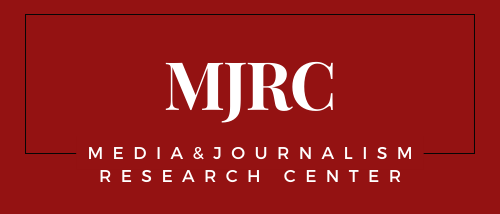Pakistan
For updates on the project, including the most recent country reports generated following its 2025 methodological revamp, please consult the Media Influence Matrix new digital platform.
Pakistan in Media Influence Matrix
Last year, Facebook didn’t need much convincing that a post critical of Pakistan’s government had to be taken down. At the request of PTA, Pakistan’s telecom watchdog, the social media platform scrapped a link to a story published by Dawn, the country’s leading newspaper, in which a politician, Javed Hashmi, criticized the local judiciary.
What allowed PTA to make such a request was the Prevention of Electronic Crimes Act (PECA), a law that was passed in 2016 with the stated goal to regulate “cyber-crime,” but which in the meantime became a tool used to restrict freedom of expression online. The same law is also used by authorities to jail journalists.
The adoption of PECA has riled digital rights activists and journalists. But the behavior of the tech giants, increasingly caving in to government’s demands, is equally unsettling. Add to that low internet penetration rates, particularly affecting vulnerable groups, and you have an environment that hardly enables journalists to do their job, according to the report about technology, public sphere and journalism in Pakistan.
For this and the upcoming reports on Pakistan watch this space of get in touch with us.
Technology, Public Sphere and Journalism
Photo: William Iven, Unsplash
Invest in independent media research and join a community of practice.
Your contribution supports MJRC’s investigations and global analysis. As a supporter, you can receive early access to new findings, invitations to small-group briefings, inclusion in our Supporters Circle updates, and the option to be listed on our Supporters Page.
Contribute to MJRC
